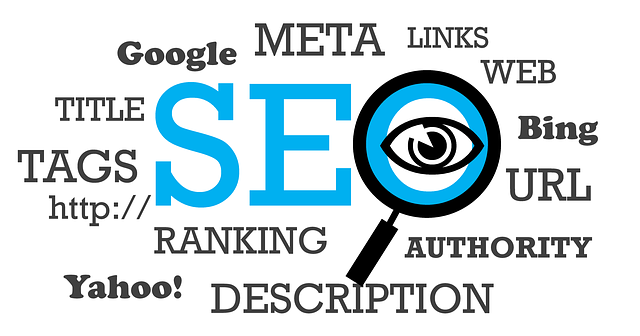
What is ‘SEO’?
In this blog series, we’ve so far covered domains and hosting. In this post we turn our attention to ‘SEO’. This article will be an introduction to SEO.
SEO stands for Search Engine Optimisation
So what is it exactly and what are the factors behind this term. In a nutshell, it’s how well search engines (like google, bing) find – or more correctly ‘rank’ your website. Everyone would like to be at the top of search results for any relevant search term being entered for their business. However, obviously that is not possible – there can only be 1 result which is displayed first, at the top of the results. Forgetting about paid advertisements for the moment, we’ll talk about the key factors in ranking highly.
On-site SEO vs Off-site SEO
Or otherwise known as on-page and off-page SEO. Both on-site and off-site SEO factors combined together is what will determine your SEO ranking.
On-site SEO
On-site SEO factors are controlled by your website directly. Without going too technical in this article, we are talking about the content of your website. The amount and correct information that users (potential customers) will find useful for the search terms/what they are looking for. How accessible the website is, i.e. is it mobile friendly, is it structured well so that the important phases can be understood by the search engines (We are talking about titles/headings, descriptions etc..). Speed/Performance of your website (how quickly your pages load), freshness (when was your website last updated). These are all factors which you can control in the design and publishing of your website.
Off-site SEO
Off-site SEO factors are controlled outside of your website. Search engines don’t just rely on what the website content tells them about what should be displayed in search results, but also outside influences, in order to validate and trust the content is actually correct. Off site SEO comes under the following broad sections, trust, links, social and location. So;
- how many other websites link to your own (this is like being recommended by other websites),
- how old your domain is (new websites don’t have the trust or authority so will usually be lower down the rankings),
- do you have a large following on social platforms (Facebook or twitter etc.),
- geographical location, country or town etc.. (many users will ask “<business or topic> near me”)
Want to find out more? Send me a message using our contact form, tweet us or follow us on facebook
See our other articles in the Website Jargon blog theme



